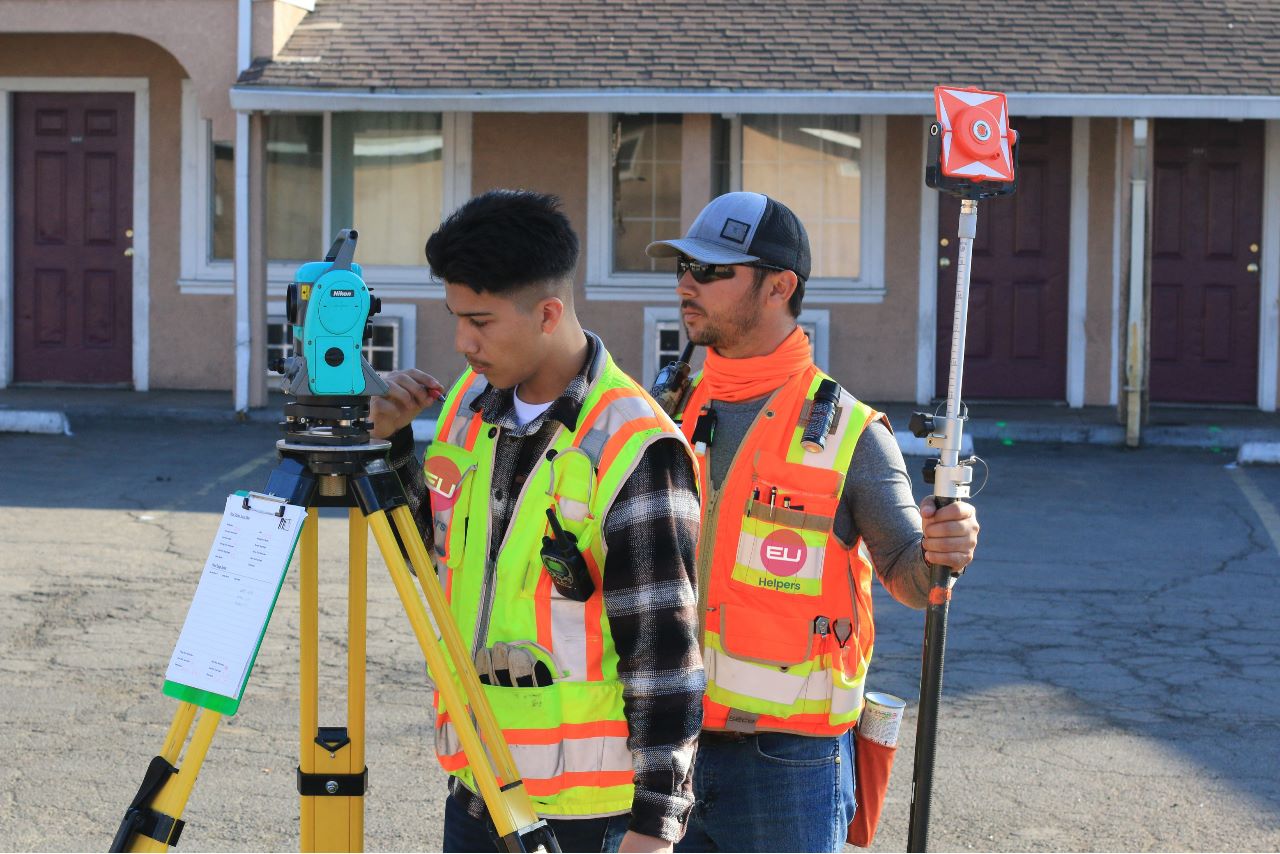Work in Austria

Why Consider Working in Austria?
Austria is a popular destination for skilled workers looking for work thanks to its strong economy, high quality of life and developed infrastructure. Located at the heart of Europe, the country boasts a dynamic business environment and is a popular choice for job hunters from around the globe. Whether you’re interested in Austria’s stable job market, excellent social security system or its lively cultural scene, working in Austria is an enriching experience.
What Makes Austria an Attractive Work Destination?
Austria has a solid and diversified economy with manufacturing, IT, tourism, and healthcare all playing a major role. Unemployment is relatively low, salaries are competitive, and workers have a strong voice. Austria’s excellent public services, work-life balance, and strong labor protections make it great for both career development and personal well-being.
Most In-Demand Jobs in Austria
In Austria, skilled professionals in different sectors are in demand. Here are some of the most popular professions:
• Engineering & Manufacturing (Mechanical, Electrical, Automotive)
• Healthcare & Medical Professionals (Doctors, Nurses, Pharmacists)
• Information Technology (Software Developers, Data Analysts, Cybersecurity Specialists)
• Hospitality & Tourism (Hotel Management, Chefs, Travel Consultants)
• Skilled Trades & Construction (Electricians, Plumbers, Carpenters)
• Education & Research (Professors, Researchers, Language Teachers)
Because Austria’s population is aging, health care professionals are especially in demand, while the digitalization of industries has resulted in new opportunities in the tech sector.
Work Visas and Permits in Austria
For non-EU citizens, there are several work permit options depending on qualifications and job offers:
• Red-White-Red Card: for professionals in shortage occupations, self-employed key workers
• EU Blue Card: highly skilled non-EU workers above a high salary threshold.
• Work Visa (Category D): Short-term work permits for specific jobs.
• Job Seeker Visa: Exceptionally qualified professionals can stay in Austria for up to six months in order to look for a job.
EU/EEA and Swiss citizens do not need a work visa but must register their stay if they work in Austria for more than three months.
Austria’s Labor Laws
Austrian labor laws protect workers' rights. Key points include:
• Working Hours: 40 hours per week (full time), overtime regulations
• Minimum wage: There is no statutory minimum wage, but industry-specific agreements fix competitive wages.
• Paid Leave: At least 25 days paid leave per year, plus public holidays
• Social Security: Employers and employees fund Austria’s social security system, which includes health insurance, pension, and unemployment benefits.
• Employment protection: Austrian labour laws protect workers against unfair dismissal and discrimination.
Key Requirements for Working in Austria
To legally work in Austria, foreign nationals typically need:
• A valid job offer from an Austrian employer.
• A relevant work visa or residence permit.
• Recognition of foreign qualifications (for regulated professions such as health care and engineering).
• Registration with local authorities and tax/social security contributions. EU Helpers’ Perspective on Working in Austria
Austria is a great place for skilled professionals to find stable work and career advancement. With strong worker protections, high salaries, and a great quality of life, it’s no surprise that it’s a top destination for job seekers. But visa processes and language barriers (German proficiency is often required) can make things tricky. Do your research and prepare ahead of time to successfully enter Austria’s job market.
